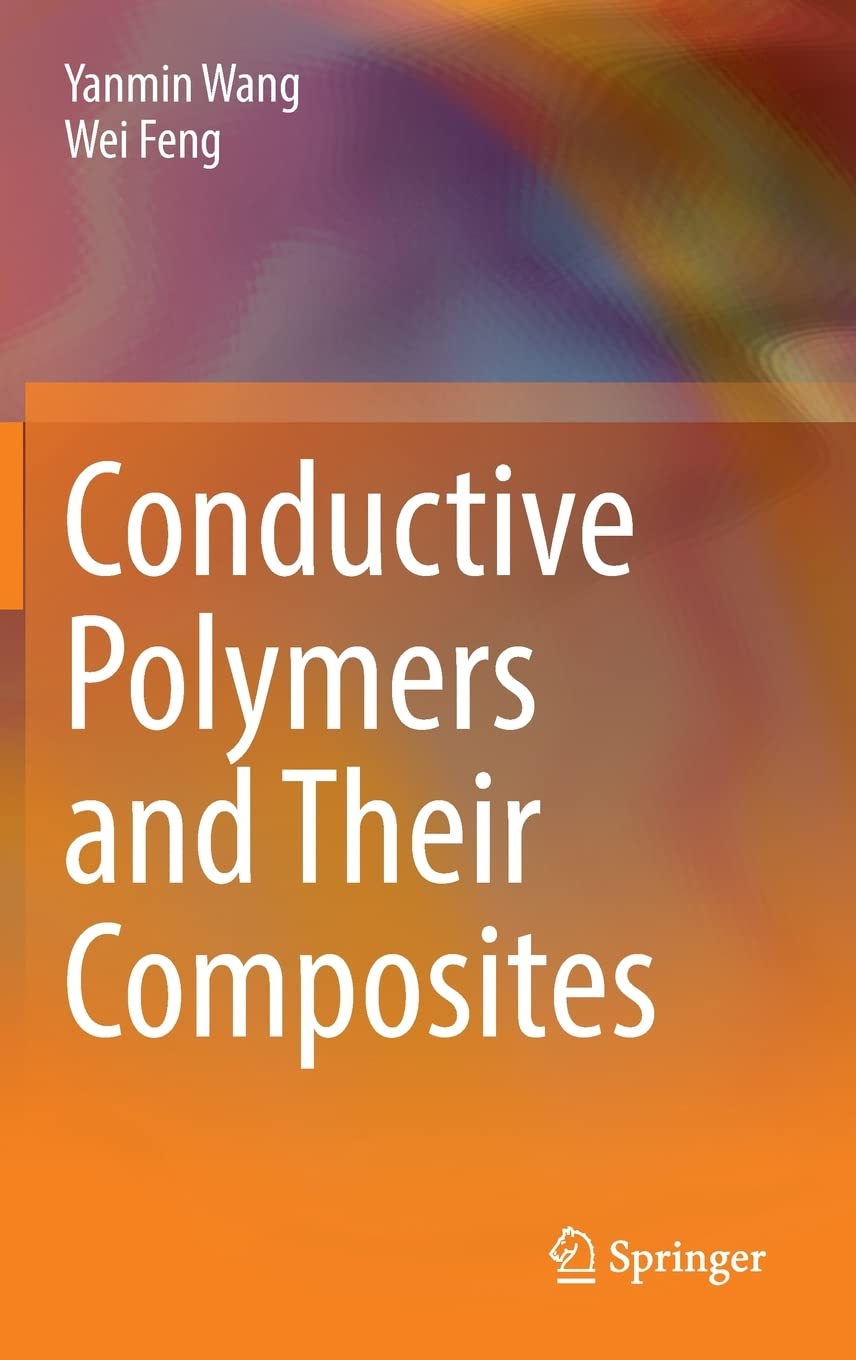

Most ebook files are in PDF format, so you can easily read them using various software such as Foxit Reader or directly on the Google Chrome browser.
Some ebook files are released by publishers in other formats such as .awz, .mobi, .epub, .fb2, etc. You may need to install specific software to read these formats on mobile/PC, such as Calibre.
Please read the tutorial at this link: https://ebookbell.com/faq
We offer FREE conversion to the popular formats you request; however, this may take some time. Therefore, right after payment, please email us, and we will try to provide the service as quickly as possible.
For some exceptional file formats or broken links (if any), please refrain from opening any disputes. Instead, email us first, and we will try to assist within a maximum of 6 hours.
EbookBell Team

0.0
0 reviewsThis book provides a comprehensive overview on the recent significant advancements of conductive polymers and their composites in terms of conductive mechanism, fabrication strategies, important properties, and various promising applications. The corresponding knowledge was systematically compiled in the logical order and demonstrated as seven chapters. The special structure, influencing factors of the conductivity, the charge carrier transport model, the wettability and classical categories of the conductive polymers are narrated. Both conventional and novel strategies undertaken to fabricate the conductive polymers are introduced, as provided the overall master of the progress. In comparison with the bulk counterpart, nanostructured conductive polymers with different dimensions such as nanospheres, nano-networks, nanotubes and nanowire arrays are produced through distinct methods, thus presenting unique and distinct performance endowed by the nanometer scale. The combination of conductive polymers with other functional materials results in a number of the composites with improved properties by synergistic effect. The superior performance of conductive polymers and their composites greatly facilitates their development toward various important applications in the advanced and sophisticated fields such as biological utilization, energy storage and sensors. Due to their excellent biocompatibility, conductive polymers and their composites stand out to be useful in the biological field including tissue engineering, drug delivery and artificial muscle. To meet the urgent demand of the energy storage, conductive polymers and their composites play an important role in the devices including supercapacitors, solar cells and fuel cells. Finally, development of conductive polymers and their composites in the modern industry is greatly enhanced by their applications in smart sensors such as conductometric sensors, gravimetric sensors, optical sens